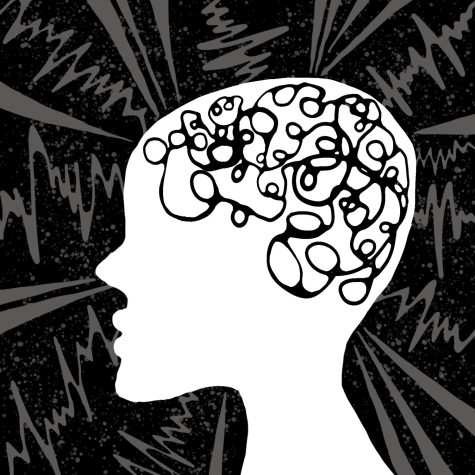The romanticization of mental illness at Whitman
October 5, 2022
Take a walk around campus; go into buildings and listen to people’s conversations. You will often hear statements glamorizing mental illness, if not making it a personality trait or an aesthetic.
While stress, sadness, fear, etc., are valid feelings, conflating those temporary emotions with a mental disorder eliminates helpful discourse about mental disorders. The disclosure of disability becomes a “trend”, rather than a genuine request for accommodations and understanding.
According to the American Disabilities Act (ADA), a person with a disability is “a person who has a physical or mental impairment that substantially limits one or more major life activities.” Although the ADA highlights mental impairments, disability is still thought of in terms of ramps, wheelchairs, walking canes, designated toilets, automatic doors for buildings and other “visible” utilities in our world. On the other hand, mental disability is not taken as seriously.
Hardly do we think of disability as the inability to leave bed during a major depressive episode, dyslexia, panic/anxiety attacks, lack of focus, lack of understanding social cues or other extremely difficult mental impairments. Hardly do we think of mental disability as a legitimate limitation to our ability to perform well in classes and exams, or perform well on campus in general.
We often hear ignorant comments about how lucky some students are when they receive extended deadlines for assignments, extra time on exams or a generous absence policy. While accommodations strive to make the learning experience more equitable, it doesn’t necessarily make it “equal” nor “easier.” Take me, for example: While you might be focused on solving a question during the exam, I would be paying attention to the slightest stimulation in the environment; I would have a palpitating heart; I would sometimes need to go to the nearest restroom to breathe; I would have a million intrusive thoughts to fight. I might have a panic attack.

You can’t see my disability.
Having accommodations isn’t a cure for mental disorders; it makes the learning experience less bad. However, what makes it worse is the ignorant, harmful judgments that are cast on those requiring accommodations.
Not surprisingly, Whitman’s over-productive (and inherently ableist) culture drives those judgments. It constantly shuns folks with mental disorders, as mental illnesses are associated with bad, unproductive personality traits.
Our behaviors are under constant surveillance for fear of us causing harm to campus life. We are seen as damaged individuals and fragile minds. Our jokes are no longer humorous, but rather they are a cry for help, a threat to ourselves or others or a “very serious matter.” We are a threat to a lovely hangout and a bummer to conversations. Unless we are using our mental illness as a joke or an aesthetic, there is no place for us without being judged.
We must dismantle our inherently ableist campus culture. We must hold ourselves accountable. Engage in conversations and learn about mental disabilities. Mental disorders aren’t an aesthetic, personality trait or a trend. They are serious issues that must not be romanticized.





